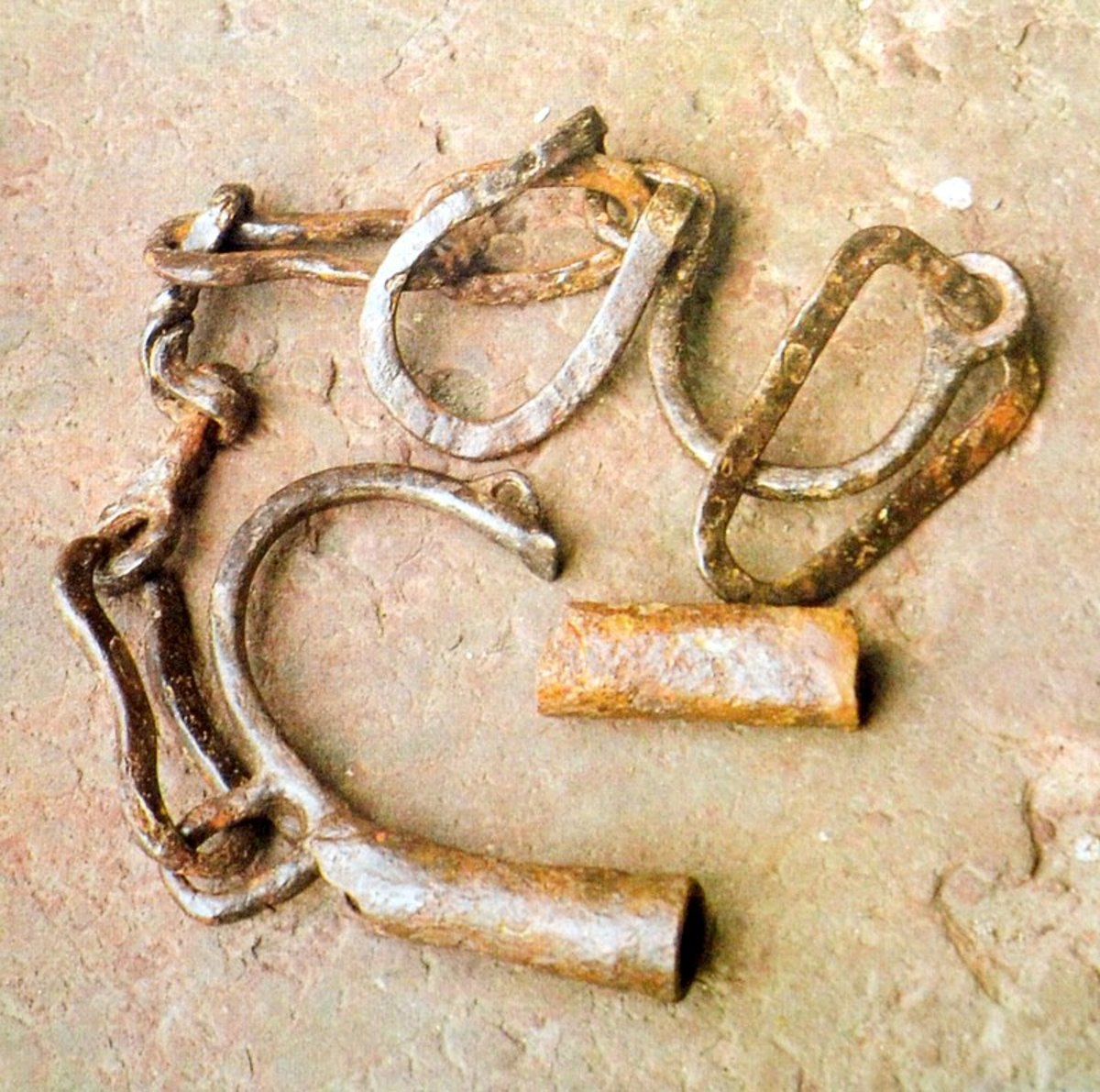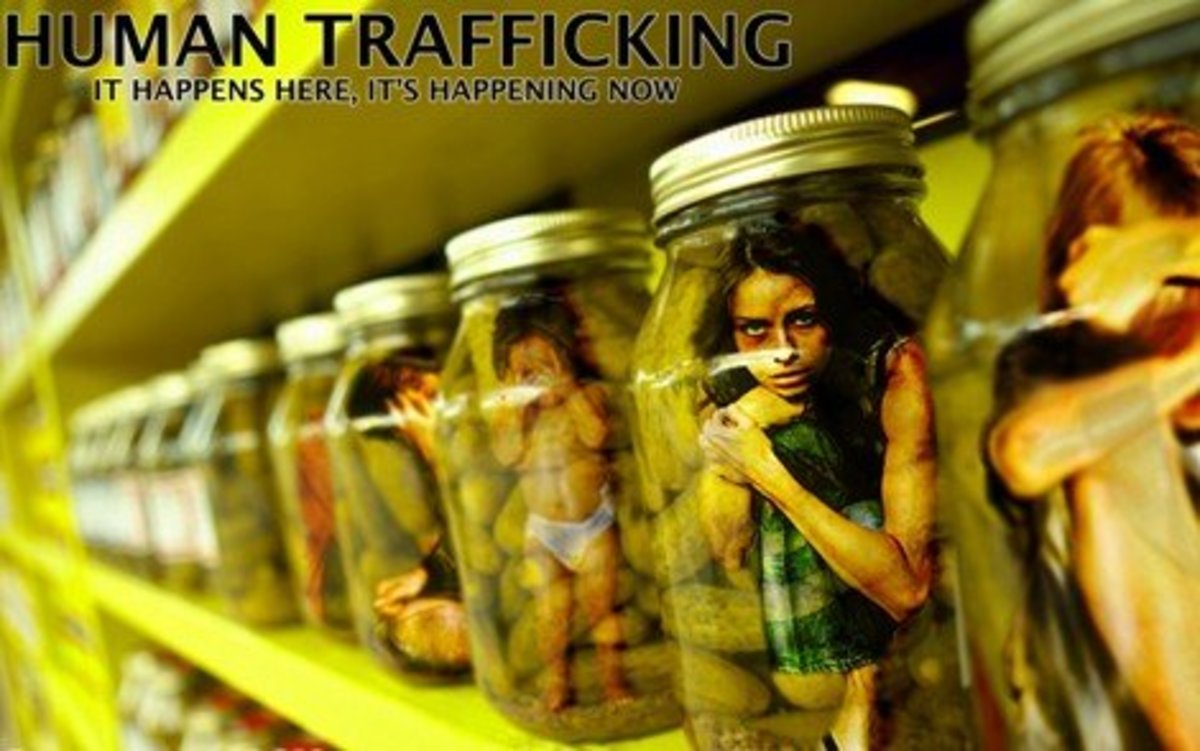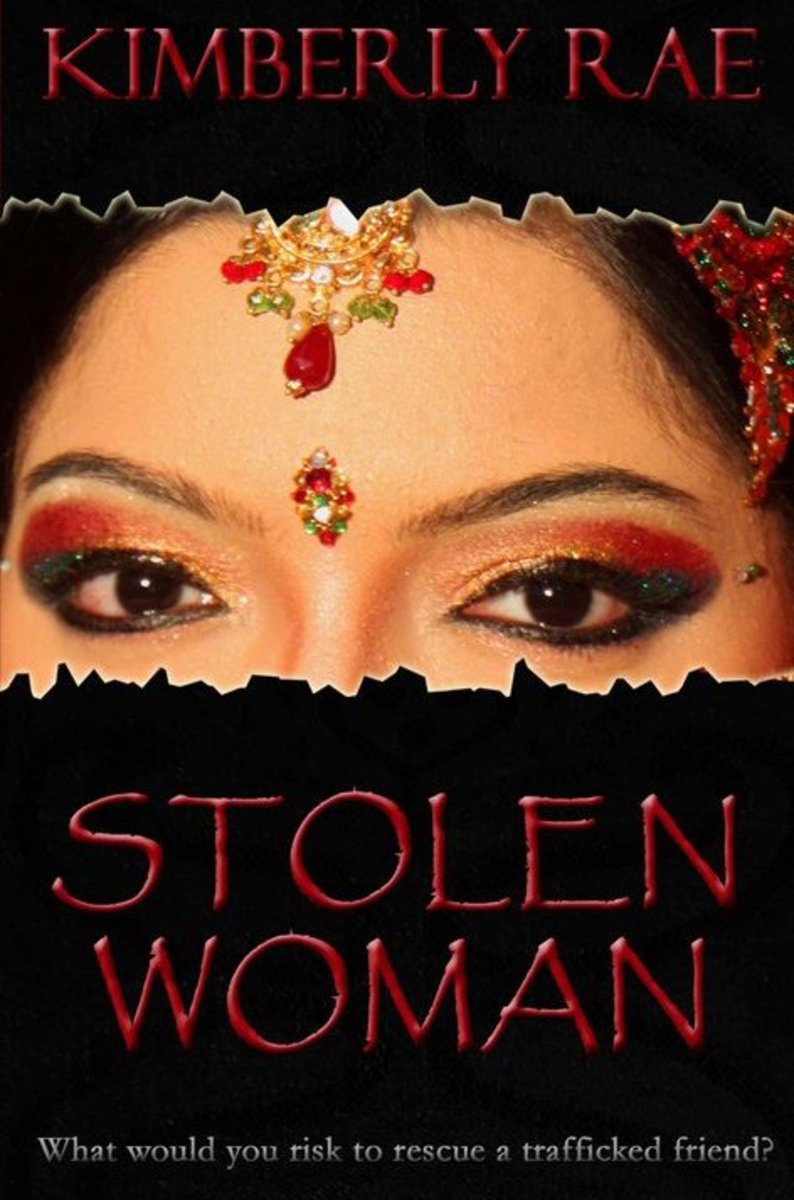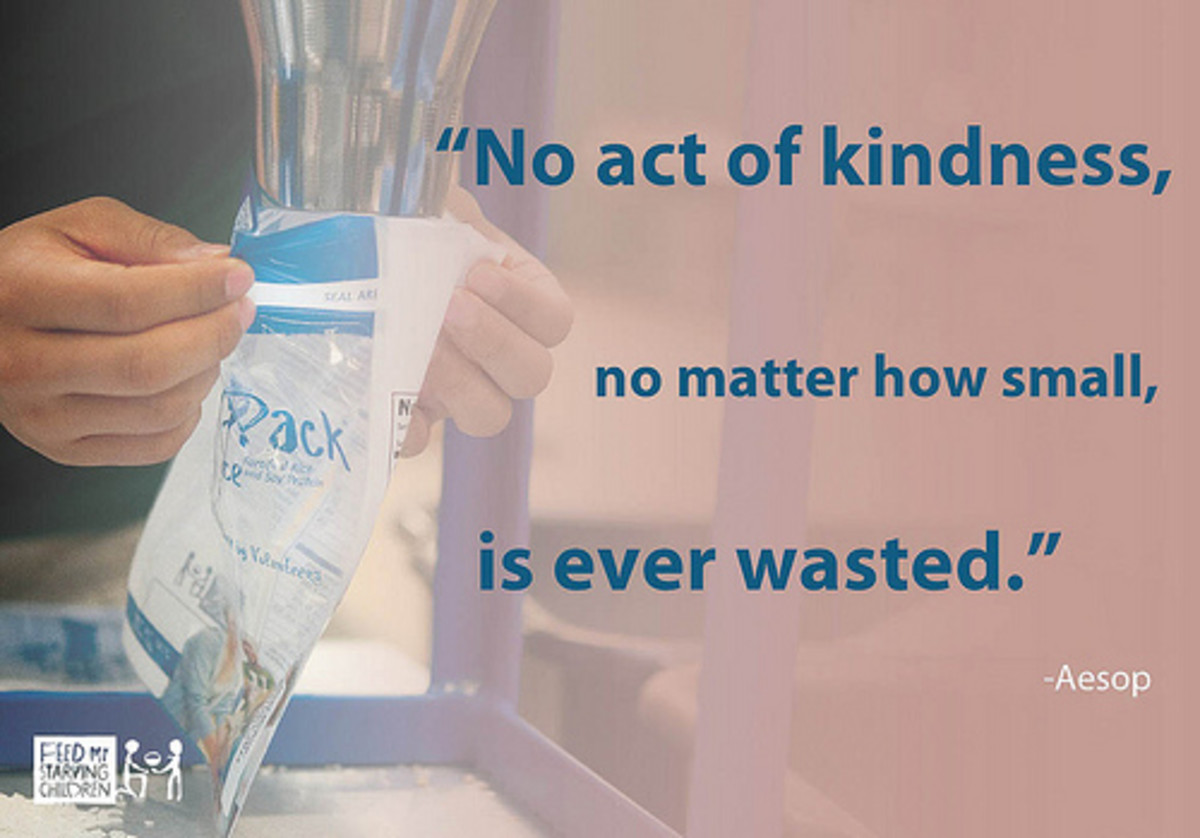Human Trafficking - Women in Peril Around the Globe
International Trafficking
"I paid a man to go to Greece since I had no papers. Instead, he brought me to Greece and sold me to a bar. He told me he would kill me if I left There were twelve women, all of us 15-20 years old. We slept with a lot of men, ten men a day. We were beaten if we tried to leave I was beaten with belt the police came and arrested all of us women and brought us to a small prison. I stayed for four months in prison. After that I went to court. Because I did not have papers, the court gave me three months [suspended sentence and immediate deportation] and told me I could not return for five years."
Unnamed Bulgarian trafficking victim, in an interview with members of the Human Rights Watch, November 2000.
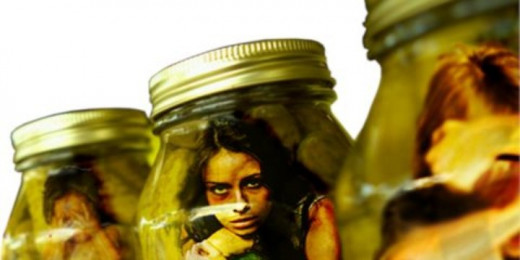
According to figures by U.S. Government organizations, approximately 900,000 people are illegally trafficked across international borders every year. Young girls from India and Nepal are often sold to brothels as unwilling prostitutes in India. Women from the Philippines and many other Asian nations are promised employment in Japan, but are then made into slaves by their employers. Women and young girls from Mexico and other Central American countries are often seduced by wealthy men who promise them a life in the U.S. that many of them could only dream of, only to find themselves enslaved as laborers or prostitutes. In Europe, over 120,000 women and girls are trafficked into Western European countries annually.
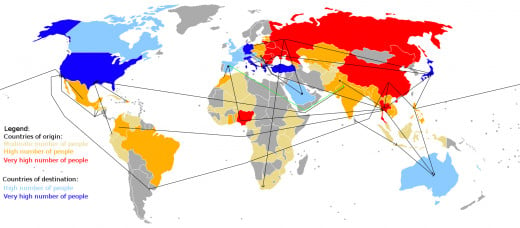
How Women Are Conned Into Trafficking
Out of the women trafficked into Western Europe, majority of these victims come from countries in Eastern Europe. After the fall of the Soviet Union, many of these nations suffered widespread poverty and unemployment, and for most of these countries which are not part of the European Union, legal immigration to more economically stable countries is virtually impossible without substantial means.
Traffickers tend to take advantage of this hardship, and ensnare many women into lives of bondage with promises of a better life in another country. These traffickers often set up fake employment agencies as a front for their true purpose, which can give these women counterfeit passports, housing, and transportation to other countries. Once there, however, these women are greeted with a life of hardship far from anything that they were promised. They often have their passports confiscated, as well as all of their possessions, and females of every age are then forced to work in the sex industry.
Human trafficking is often very profitable for the perpetrators, and sex trafficking alone is estimated to be worth over $7 billion per year, according to a UN study. Within Europe, many trafficking organizations are facilitated by organized crime groups, and bosses pay, on average, about $500 per girl. For these false employers who are able to recruit groups of several women, this has become a very lucrative, and very sinister means of income.

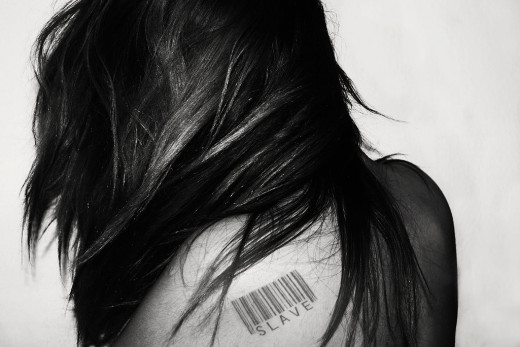
Difficulties in Bringing an End to the Injustice
Despite the frequency and world-wide reach of this crime, it is very difficult to identify and prosecute the perpetrators of these crimes against humanity. Traffickers tend to operate on a supply and demand basis, and often move their location if they feel they may be caught, and simply set up business in yet another poverty-stricken region, and function just as before.
Human Trafficking in the US
Thankfully, many nations are beginning to respond to this issue more seriously. The UN Convention Against Transnational Organized Crime has developed a Protocol to Prevent, Suppress, and Punish Trafficking in Persons in an effort to stop this heinous crime from continuing. Among its many functions, this protocol encourages states to enact stricter legislation and harsher penalties to combat corruption. It also encourages states to protect the victims of trafficking by providing accommodation, medical and psychological treatment, and by assisting victims in identifying and prosecuting the offenders. This part of the protocol, in particular, is essential to helping trafficked women, as many of them are simply regarded as illegal aliens and therefore treated as criminals, rather than victims. In addition to the pains they have already suffered, for many of the women who are deported, they are often shunned and reviled by their communities once they return home. This leaves them, once again, vulnerable to con artists who would once again subject them to human trafficking.
Global inequality is the main cause of many of the worlds problems, and human trafficking is no exception. The Universal Declaration of Human Rights specifically states that all people should be born free and equal in dignity and rights, but as long as human beings are still being bought and sold around the world, this may never be the case.

